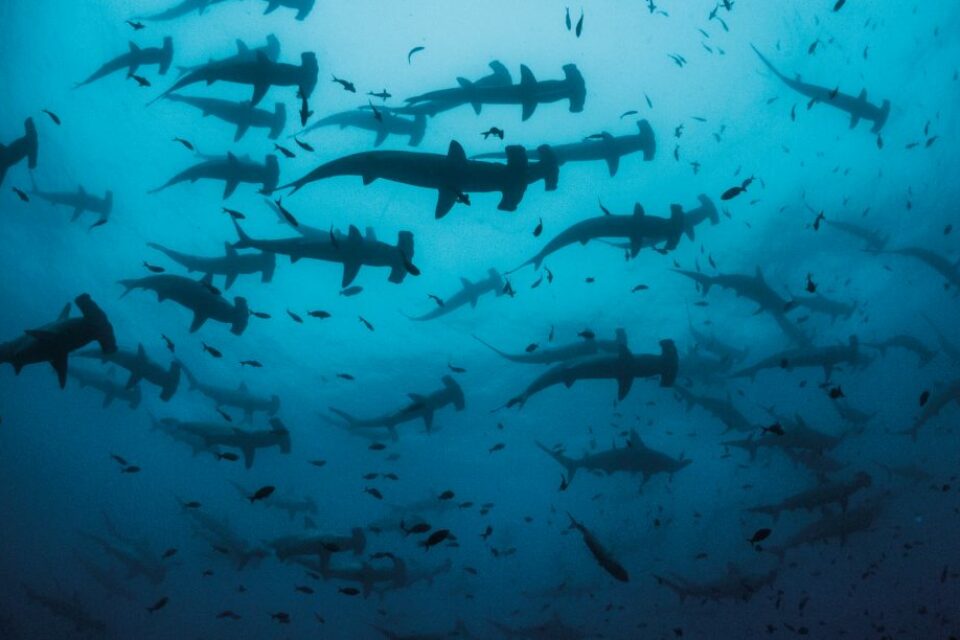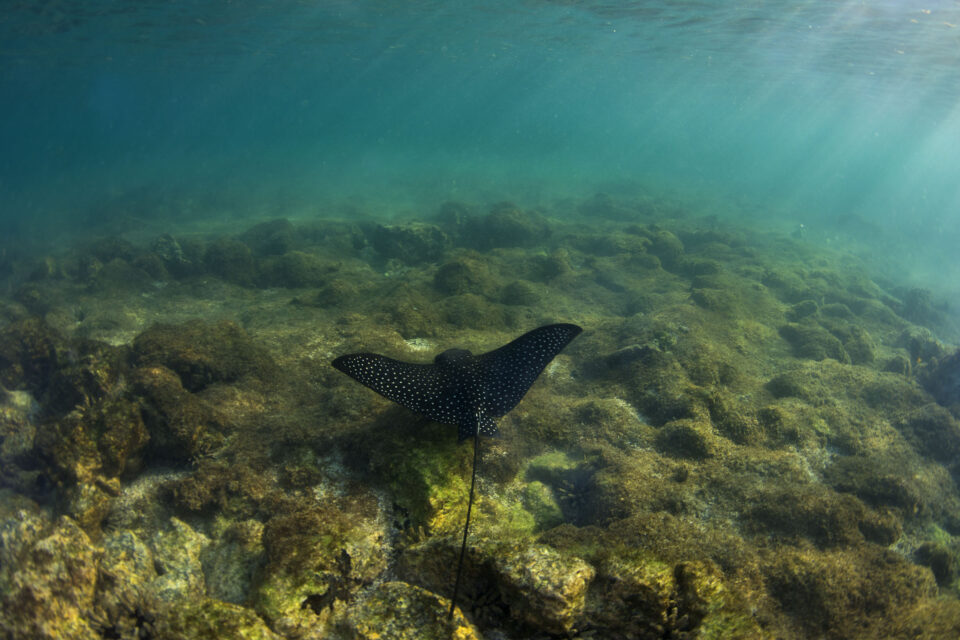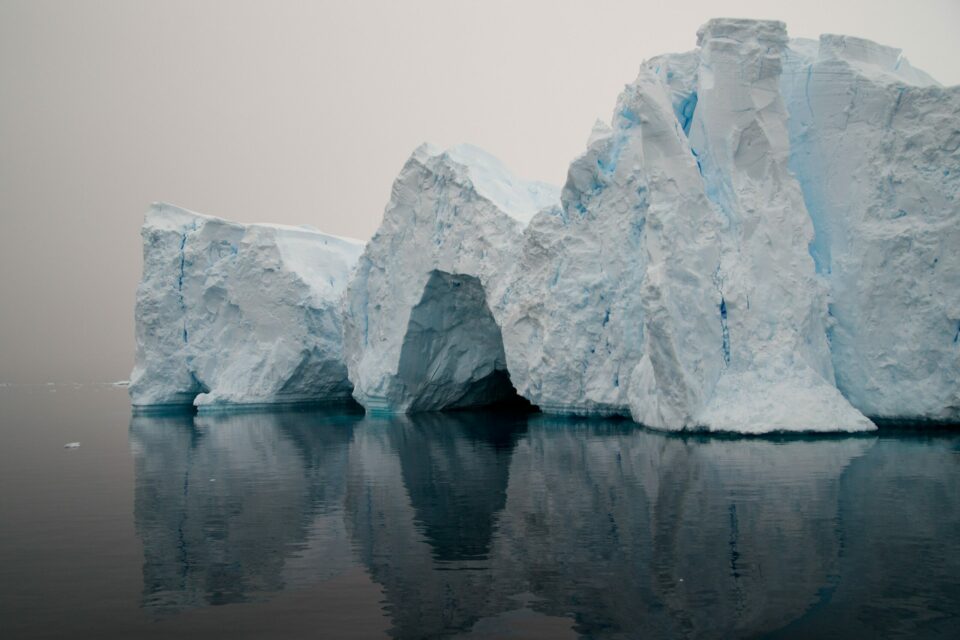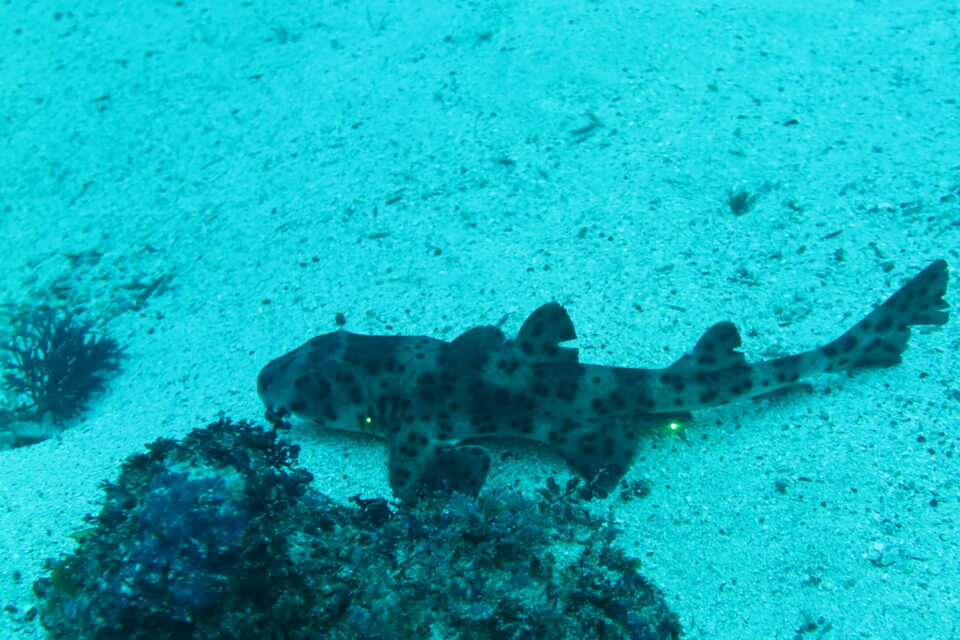

UN Ocean Conference 2022
The 2022 United Nations Ocean Conference, hosted in Lisbon, Portugal, saw world leaders pursue the objective of scaling up solutions to reverse the decline in ocean health and protect it from existing and future threats.
The UN Ocean Conference was held from 27 June to 1 July in Lisbon, Portugal and was co-hosted by the Governments of Kenya and Portugal to tackle the problems facing our oceans.
Life below water
The 2030 Agenda for Sustainable Development includes 17 goals to improve and protect the planet. The focus of the conference was Goal 14, ‘Life below water’. Life below water focusses on protecting and conserving the world’s seas, oceans and marine sources for sustainable development.
This is particularly important with the increased risk of climate change and human effects on oceans through pollution, the fishing industry and maritime transportation.

What were the results of the Conference?
There have been many positive outcomes from the Conference on a global and local scale. The UN adopted the declaration ‘our ocean, our future, our responsibility’ to show support for and agree to implement Goal 14.
On a global level, the UN have planned innovative and scientific solutions to conserve the oceans, such as preventing, controlling and reducing marine pollution across countries within the United Nations. They are also developing and implementing measures to mitigate and adapt to climate change which is extremely important so that we don’t lose the natural carbon sink our oceans provide.
Locally, the UN have also committed to many urgent actions including reducing greenhouse gas emissions from maritime transportation and strengthening regional, sub-regional and national data collection efforts.
In order to achieve these actions, the UN have pledged to empower women and girls, as ‘their full, equal and meaningful participation is key in progressing towards a sustainable ocean-based economy’. They are also recognizing the importance of indigenous, traditional and local knowledge, and aim to include it in shaping their future decisions.
Within the event, Colombia’s President, Ivan Duque Márquez, announced the country had already achieved protection of 30% of its oceans. This makes Colombia the first nation to achieve its 30×30 promise to preserve 30% of its oceans by 2030. This goal was accomplished due to the expansion of the no-take Malpelo Sanctuary of Flora and Fauna which provides a safe, no-fishing area for migratory species in the Eastern Tropical Pacific such as hammerhead sharks.

How does this relate to Galapagos?
During the conference, the Government of Ecuador held a side event in collaboration with the Charles Darwin Foundation, Jocotoco Foundation, Re:wild, Marine Conservation Institute, The Nature Conservancy and UNEP.
Here, they presented their progress on implementing the Hermandad Marine Reserve in Galapagos. The new protected ‘swimway’ between Galapagos and Cocos island, Costa Rica strengthens ecological connectivity and provides a safe migration route for many species of marine mammals, sea turtles, sharks and even sea birds.

“The Galapagos Marine Reserve has demonstrated itself to be a successful management tool, enabling a spill over effect for key species and we expect Hermandad to add to this,” said Inti Keith from the Charles Darwin Foundation.
Not only will the Reserve help to conserve important migratory species, but it will also aid in our fight against climate change. The area will be less susceptible to pollution and overfishing meaning the ecosystem can thrive. As a result, the ocean can absorb carbon dioxide emissions and help to regulate our climate.
How you can help
We aim to conserve as many species of Galapagos as possible and you can help by adopting a Galapagos animal.
To stay updated on our current projects and research sign up to our eNewsletter, visit our blog for updates or become a member.
Related articles


A week in the life of a female marine researcher

Galapagos and the Antarctic: A look beneath the surface

